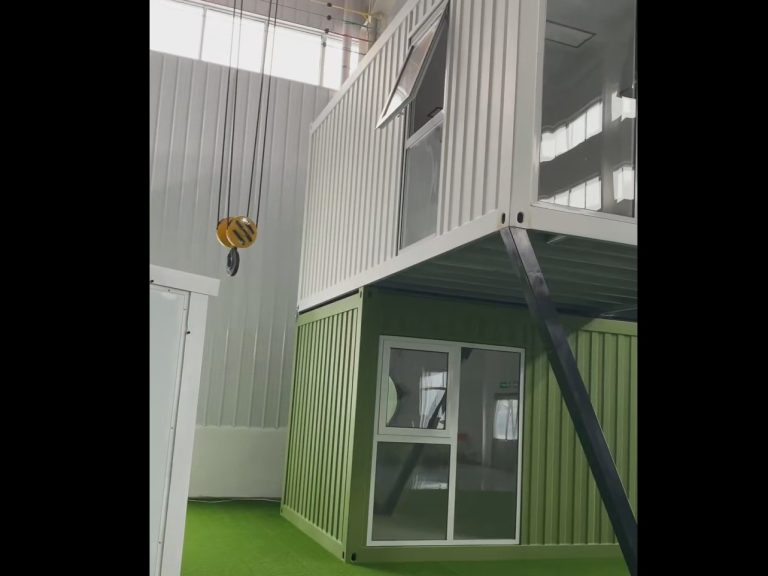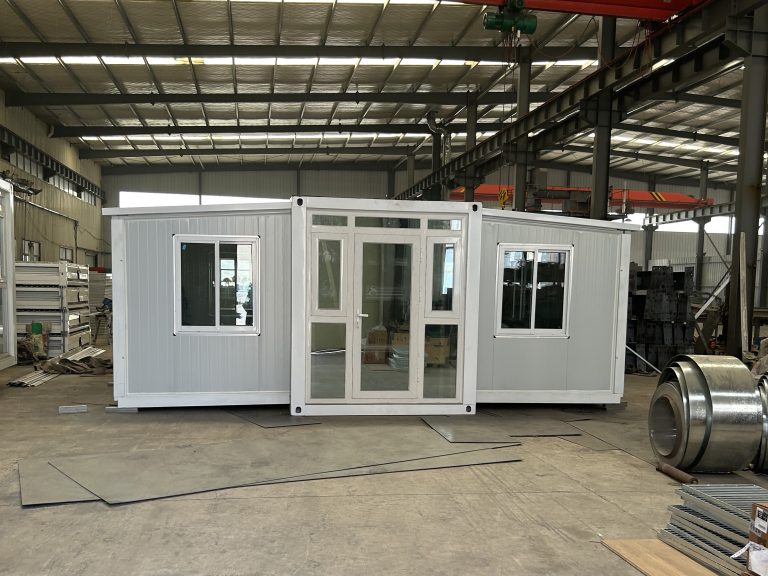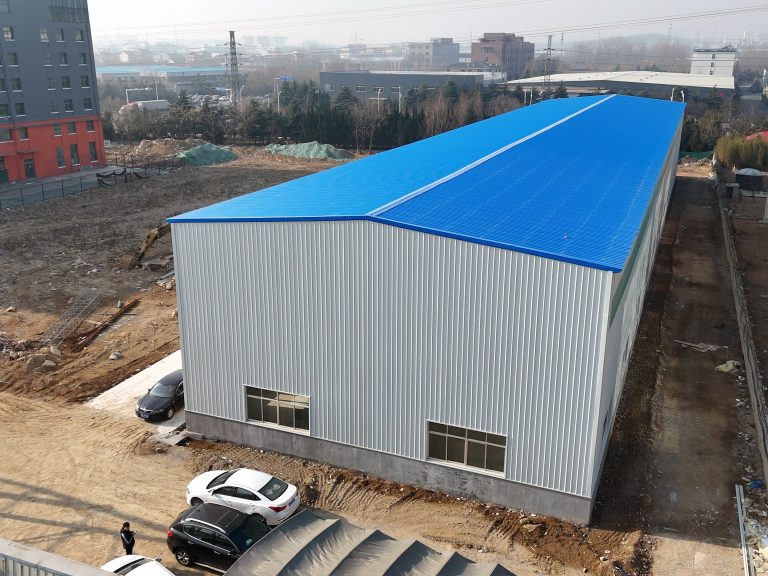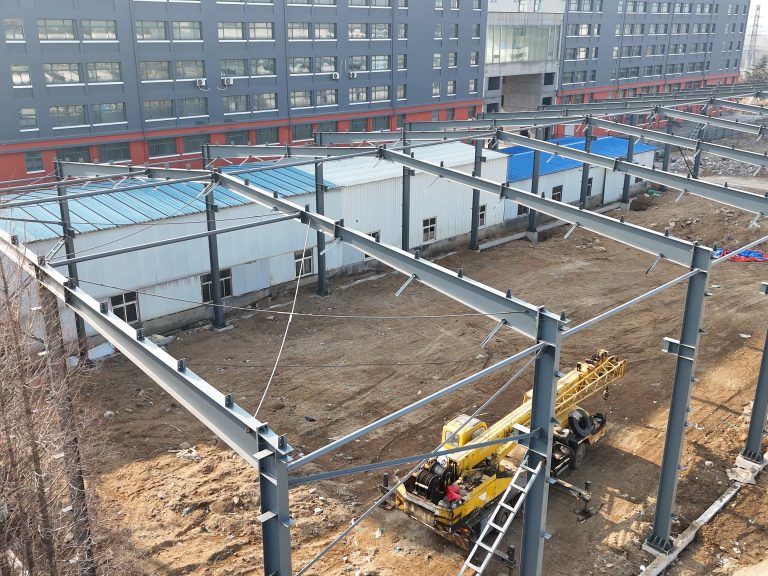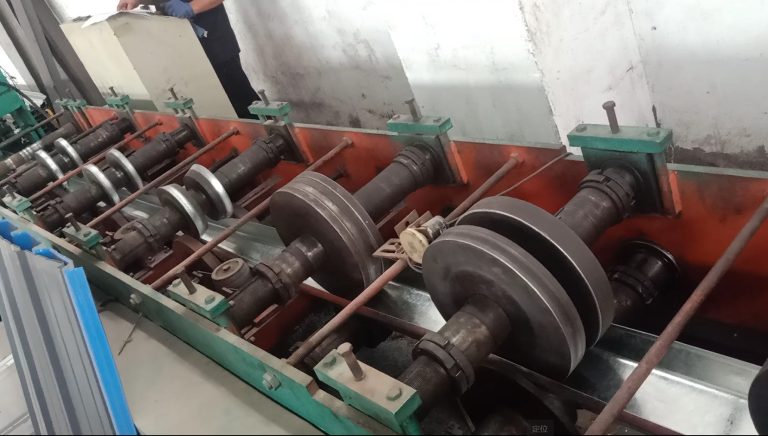Table of Contents
Benefits of Transforming Container Houses into Mobile Bookstores
Container houses have become a popular trend in recent years, with their versatility and sustainability making them an attractive option for various uses. One innovative way in which container houses are being utilized is by transforming them into mobile bookstores in public transportation hubs. This practice not only provides a unique and convenient way for people to access books but also offers a range of benefits to both the community and the environment.
One of the key benefits of transforming container houses into mobile bookstores is the promotion of literacy and education. By placing these bookstores in public transportation hubs, where people are often waiting for their trains or buses, individuals have easy access to a wide selection of books. This can encourage people to read more and expand their knowledge, ultimately leading to a more educated and informed society.
Additionally, mobile bookstores in public transportation hubs can help to revitalize these spaces and create a sense of community. By providing a place for people to gather and engage with literature, these bookstores can foster a sense of connection among commuters and residents. This can help to make public transportation hubs more welcoming and vibrant, enhancing the overall experience for those who pass through these spaces.
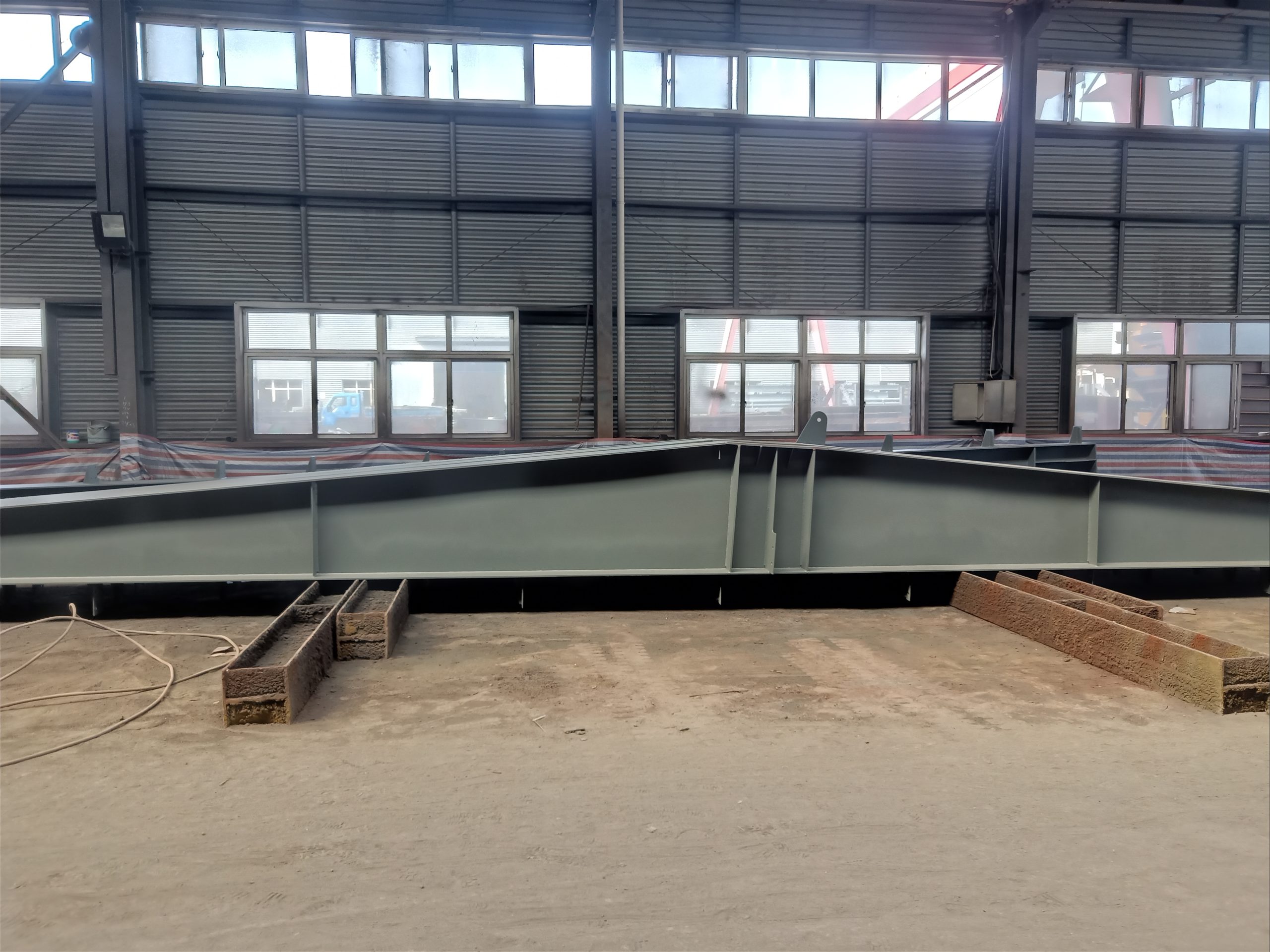
Furthermore, transforming container houses into mobile bookstores is a sustainable practice that can have a positive impact on the environment. By repurposing shipping containers that would otherwise go to waste, these bookstores help to reduce the carbon footprint associated with traditional construction materials. Additionally, the use of these containers as mobile structures means that they can easily be moved to different locations, reducing the need for new construction and minimizing the environmental impact of the bookstore.
In addition to the environmental benefits, mobile bookstores in public transportation hubs can also provide economic opportunities for local communities. By partnering with local authors, publishers, and businesses, these bookstores can support the growth of the literary industry and contribute to the local economy. Furthermore, the presence of these bookstores can attract more visitors to public transportation hubs, potentially leading to increased foot traffic for nearby businesses.
Overall, the practice of transforming container houses into mobile bookstores in public transportation hubs offers a range of benefits for both the community and the environment. From promoting literacy and education to revitalizing public spaces and supporting the local economy, these bookstores play a valuable role in enhancing the overall quality of life in urban areas. By embracing this innovative approach to book distribution, cities can create more inclusive and sustainable communities for all residents.
Design Ideas for Mobile Bookstores in Public Transportation Hubs
Public transportation hubs are bustling centers of activity, with people constantly coming and going. These hubs provide the perfect opportunity for businesses to reach a large and diverse audience. One innovative idea that has been gaining popularity is the transformation of container houses into mobile bookstores in public transportation hubs.
Container houses are a cost-effective and sustainable option for businesses looking to set up shop in high-traffic areas. By repurposing these containers into mobile bookstores, businesses can bring literature and culture to the masses in a unique and eye-catching way. The compact size of these containers makes them ideal for fitting into tight spaces, such as within a busy transportation hub.
One of the key benefits of transforming container houses into mobile bookstores is the flexibility they offer. These mobile bookstores can easily be moved from one location to another, allowing businesses to reach different audiences and maximize their exposure. By setting up shop in a public transportation hub, businesses can attract commuters who are looking for something to read during their journey.
In terms of design, there are endless possibilities for transforming a container house into a mobile bookstore. The exterior can be painted in vibrant colors and adorned with eye-catching signage to attract passersby. Inside, shelves can be installed to display a wide variety of books, from bestsellers to niche genres. Comfortable seating can also be added to create a cozy reading nook where customers can relax and browse through the selection.
To enhance the customer experience, businesses can consider offering additional services in their mobile bookstores. For example, they could host book signings, author readings, or literary events to engage with the community and create a sense of excitement around the bookstore. By creating a welcoming and inviting atmosphere, businesses can encourage customers to spend more time browsing and exploring the selection of books.
Another important aspect to consider when transforming a container house into a mobile bookstore is sustainability. By using eco-friendly materials and energy-efficient design elements, businesses can reduce their environmental impact and appeal to environmentally conscious customers. For example, solar panels can be installed on the roof of the container to power lighting and other electrical systems, reducing the reliance on traditional energy sources.
In conclusion, the practice of transforming container houses into mobile bookstores in public transportation hubs is a creative and innovative way for businesses to reach a wide audience and promote literacy and culture. By designing these mobile bookstores with eye-catching exteriors, comfortable interiors, and sustainable features, businesses can create a unique and engaging experience for customers. With the flexibility to move from one location to another, these mobile bookstores have the potential to become a popular and successful venture in the world of retail.

